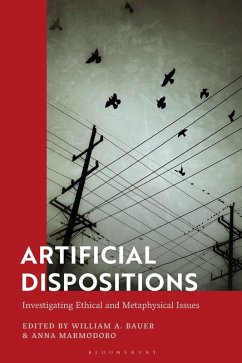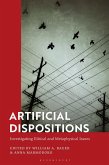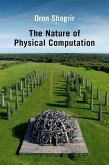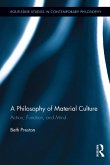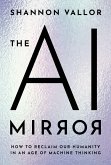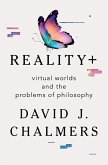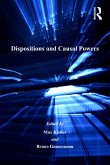We inhabit a world not only full of natural dispositions independent of human design, but also artificial dispositions created by our technological prowess. How do these dispositions, found in automation, computation, and artificial intelligence applications, differ metaphysically from their natural counterparts?
This collection investigates artificial dispositions: what they are, the roles they play in artificial systems, and how they impact our understanding of the nature of reality, the structure of minds, and the ethics of emerging technologies. It is divided into four parts covering the following interconnected themes: (i) Artificial and Natural Dispositions, (ii) Artificial Systems and Their Dispositions, (iii) Agency, Mind, and Artificial Dispositions, and (iv) Artificial Moral Dispositions.
This is a groundbreaking and thought-provoking resource for any student or scholar of philosophy of science, contemporary metaphysics, applied ethics, philosophy of mind, and philosophy of technology.
This collection investigates artificial dispositions: what they are, the roles they play in artificial systems, and how they impact our understanding of the nature of reality, the structure of minds, and the ethics of emerging technologies. It is divided into four parts covering the following interconnected themes: (i) Artificial and Natural Dispositions, (ii) Artificial Systems and Their Dispositions, (iii) Agency, Mind, and Artificial Dispositions, and (iv) Artificial Moral Dispositions.
This is a groundbreaking and thought-provoking resource for any student or scholar of philosophy of science, contemporary metaphysics, applied ethics, philosophy of mind, and philosophy of technology.

